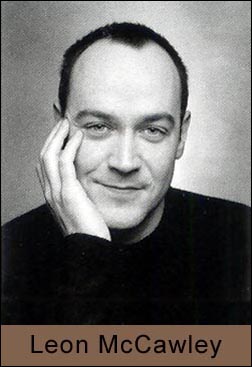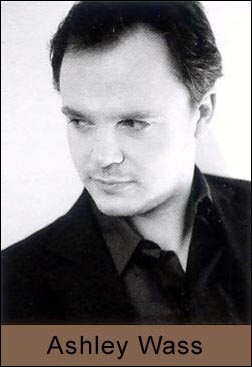 |
||||||||
 |
||||||||
 |
||||||||
Album Title: Liszt -Transcription for 2 pianos of Beethoven's Symphony No. 9 Performers: McCawley, piano primo / Wass, piano secondo Label and #: Naxos 8.570466 Running time:61'04" Recorded: 2007 |
||||||||
 |
||||||||
| Piano transcriptions never fail to fascinate me. Some call them piano reductions because before the days of gramophone records and radio broadcasts, the pared-down piano approximations of popular concert or operatic repertoire were the attainable means of music reproduction in the salons of the rich and famous. It's an over-generalization of course but before the days of karaoke, You Tube and Wifi, piano was the household entertainment gadget. Seriously, there might be some truth in such sayings if one referenced Schubert's Military Marches or Strauss' Blue Danube. A | ||||||||
|
Beethoven symphony for entertaining guests or as background music however? Even so, the rich and famous could have afforded string quartets or even octets and there did exist pared-down string versions of some Beethoven symphonies at some point. (Brass band versions too, of which I happen to have a recording.) Let's face it then, many piano transcriptions and paraphrases as proliferated by Liszt, Thalberg and their contenders and followers alike -- even down to Debussy in the last century and Pletnev and Bayless of today -- existed for one reason only: l'art pour l'art. |
||||||||
| In this case, two are better than one. While I have been enjoying the solo version played by Leslie Howard [Hyperion CDA66671/5] and probably more so by Cyprien Katsaris [Teldec 8.42956ZK] and was amazed by their formidable virtuosity, I was completely blown away when I heard it in the two-piano version for the first time. Howard and Katsaris who both have completed documenting Liszt's gigantic set are not at any technical or interpretational disadvantage but only handicapped by the inevitable reduction of the score. The difference is so distinct that you don't need to wait for the choral movement to tell. | ||||||||
 |
 |
|||||||
With the extra pair of hands and more operational octaves, even the harmonies and sonority of the first two movements are evidently richer and the texture more layered, not to mention the sheer dynamics and grandeur that befit Beethoven's original symphonic concept. Without question, the progressive momentum and architectural build-up of the choral movement are more fulfilling with the interaction and coordination of two pianos. From the prophetic introduction to the solo vocal that eventually unfolds into the many stages of revelatory choral climaxes, pianists Leon McCawley and Ashley Wass have exemplified the utmost dexterity and adroitness. They synchronize as equal counterparts submerged in involving dialogues at times. At others, they unite as one body and mind, surging the ebb and tide through emotional upheavals and reconciliations. They are not just mimicking the orchestral language but transcend the piano reduction to a unique art form that communicates a sublime musical statement. If you have come across piano duets where you assume too much competitive spirit in the partnership, you'll appreciate this CD even more. So do keep an eye on these two young British artists. Leon McCawley won both first prize in the International Beethoven Piano Competition in Vienna and second prize in the Leeds International Piano Competition, plus recording accolades that include the Gramophone Editor's Choice and Diapason d'Or. Ashley Wass is the only British pianist to have won first prize in the International London Piano Competition and was named the BBC's New Generation Artist. Sound quality is one of the best of the two-piano recordings, with perfect mike positioning resulting in three-dimensional verisimilitude that balances distinction and coherence between the two instruments. |
||||||||
 |
||||||||
 |
||||||||